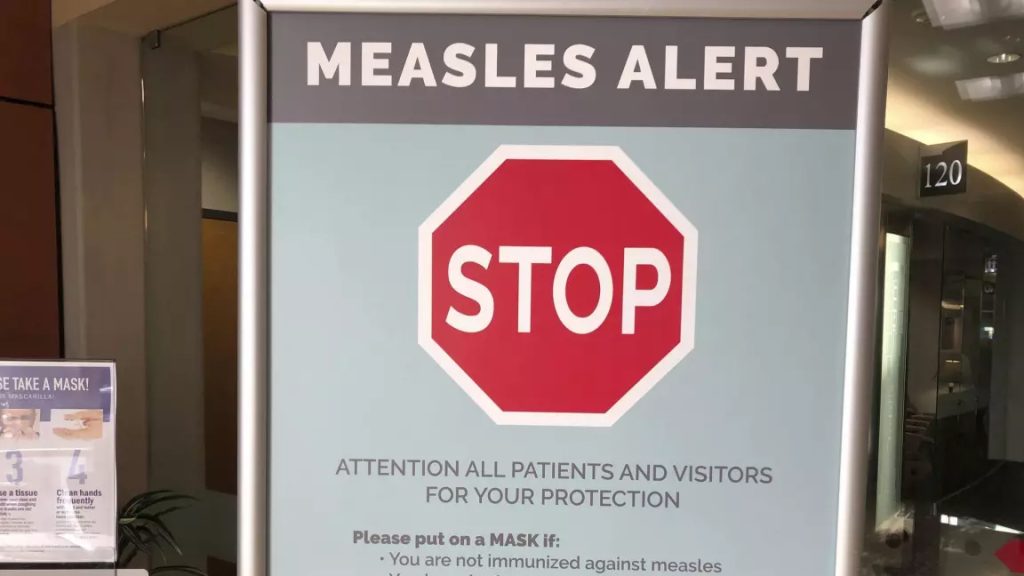A look at where Wisconsin’s lame-duck laws, challenges stand
Posted Jun 12, 2019 1:54 pm.
MADISON, Wis. — The Wisconsin Supreme Court has reinstated almost all of the laws that Republicans passed during a December lame-duck legislative session that limited the powers of the incoming Democratic governor and attorney general.
The actions in Wisconsin mirror Republican moves after losing control of the governor’s office in Michigan this past November and in North Carolina in 2016. Democrats have decried the tactics as brazen attempts to hold onto power in the wake of devastating elections.
Wisconsin Democrats and their allies have filed multiple lawsuits seeking to block the measures in their state. The Wisconsin Supreme Court’s ruling doesn’t mean the legal fight is over but it underscores the difficulties the challengers face in court.
Here’s a look at the Wisconsin lame-duck laws and the legal challenges:
WHAT DO THE LAWS DO?
The measures prohibit Gov. Tony Evers from ordering Attorney General Josh Kaul to withdraw from lawsuits, a move designed to prevent Evers from pulling Wisconsin out of a multistate lawsuit challenging the Affordable Care Act, otherwise known as Obamacare. Evers was eventually able to withdraw from the lawsuit while the provisions were on hold in March.
Other provisions require Kaul to get permission from the Legislature’s Republican-controlled budget-writing committee before he can settle lawsuits and guarantee that legislators can intervene in cases using their own attorneys rather than lawyers from Kaul’s Department of Justice. The language signals that Republicans don’t trust Kaul to represent their views in court.
The measures also restrict early in-person voting to the two weeks preceding an election. The cities of Madison and Milwaukee, both Democratic strongholds, held early voting for six weeks leading up to last November’s elections. Republicans hoped the shorter window would tamp down Democratic turnout in 2020, but a federal judge blocked the restrictions in January.
___
WHO IS SUING?
Liberal advocacy group One Wisconsin Now challenged the early-voting restrictions in federal court in December.
A group led by the League of Women Voters filed a lawsuit in state court in January arguing that the lame-duck legislative session was illegal because lawmakers’ regular session ended months earlier.
Five unions, including the Service Employees Union and the American Federation of Teachers filed suit in state court in February contending that the laws steal power from the executive branch and shift it to the Legislature.
The state Democratic Party filed a federal lawsuit in February alleging the laws are meant to retaliate against Evers’ supporters, violating free speech and equal protection guarantees.
___
WHERE DO THINGS STAND?
U.S. District Judge James Peterson shot down the early-voting restrictions in mid-January, ruling that they mirror restrictions he blocked two years earlier. That decision is part of a larger One Wisconsin Now case challenging Republican-authored voting laws before the 7th U.S. Circuit Court of Appeals.
The judge handling the League of Women Voters case issued an injunction in March blocking the laws. A state appeals court stayed the injunction, but not before Evers withdrew the state from the Affordable Care Act lawsuit. The state Supreme Court heard oral arguments in the case in May but has yet to issue a final ruling resolving the case.
Another judge presiding over the unions’ lawsuit in March blocked the requirements that Kaul obtain legislative permission before settling lawsuits. The state Supreme Court decided 4-3 Tuesday to reinstate the Kaul provisions while it considers the merits of the case. The justices haven’t set a briefing schedule yet.
“We will continue to stand up to the legislature’s unconstitutional attempt to undermine DOJ’s ability to get justice for Wisconsinites,” Kaul said.
A federal magistrate judge is considering setting a September trial in the state Democratic Party’s challenge.
___
DO THE LIBERAL GROUPS HAVE ANY CHANCE OF WINNNG?
They’ve already won a ruling blocking the early-voting restrictions. It’s unclear, though, how the federal appeals court might rule and how the state Democratic Party’s lawsuit might play out.
They have little chance of prevailing in state court. Conservatives control the Supreme Court 4-3, and that majority is set to grow to 5-2 in August.
The conservative justices signalled during oral arguments in the League of Women Voters case that they don’t believe the lame-duck session was illegal, noting that lawmakers have been meeting in unscheduled sessions for 40 years.
In Tuesday’s ruling in the union case, the conservatives wrote that laws are presumed to be constitutional and declaring laws unenforceable harms the public. The ruling doesn’t decide the case but it does indicate that the unions face long odds.
___
Follow Todd Richmond on Twitter: https://twitter.com/trichmond1
Todd Richmond, The Associated Press










